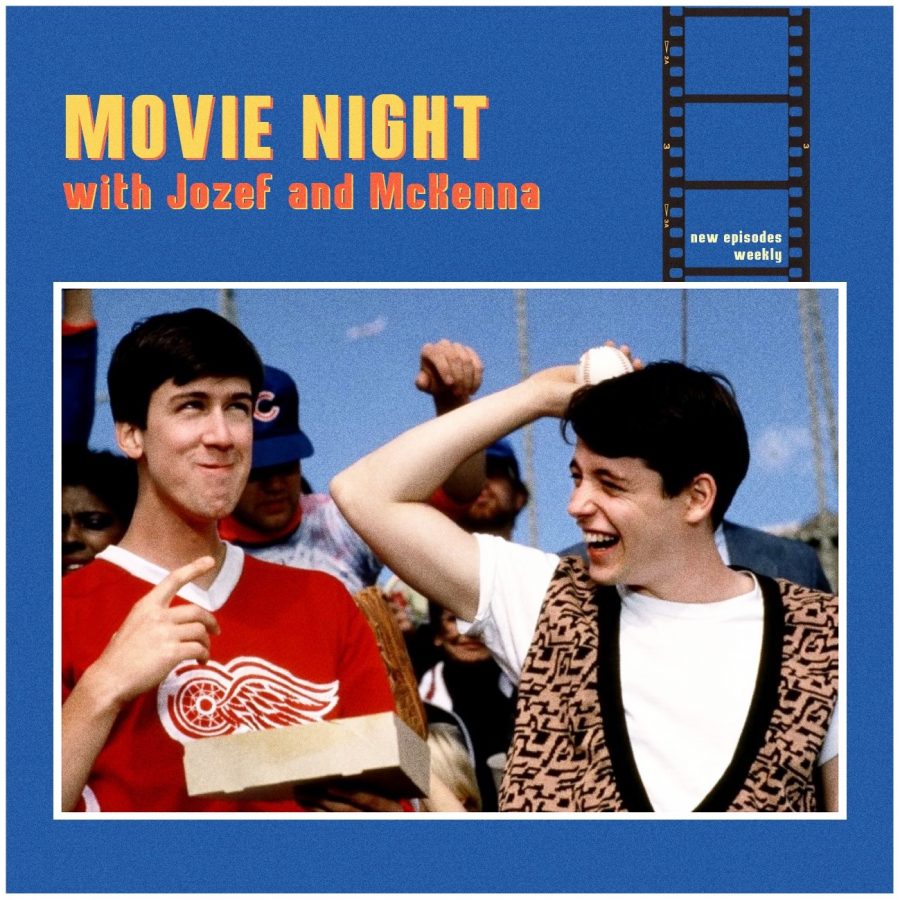
The 84th Oscar nominations were announced two days ago, and the mediocrity of the year in film was evident based on the honored pictures. Looking closely at the nominations, the Academy also revealed just how political they are in their selections.
Instead of honoring the truly deserving films that are in the realm of fan-fare – action, comedy or science-fiction genres – the Academy members select those works that are more traditional productions. The Academy picks and chooses who they wish to nominate, as producers like Harvey Weinstein and Scott Rudin cloud the voters’ judgment with their impressive and expensive campaigns.
Two years ago, the Academy Awards expanded the Best Picture category from five to 10 films. This move was believed to have been made in response to the crowd-pleaser “The Dark Knight” not receiving the honor. The fifth spot instead went to the bland picture “The Reader,” which was produced by Academy favorite Harvey Weinstein.
The Academy has always tried to attract a greater viewership on Oscar night, which has been diminishing for years now. They are especially interested in bringing in younger viewers, and they believed nominating 10 Best Pictures that included movies like “The Dark Knight” would do so.
The first two years after this change saw more of the same. The 82nd Academy Awards saw Best Picture nominations for the science-fiction films “District 9” and “Avatar,” the latter having been directed by longtime Oscar favorite James Cameron – not much of a surprise there.
The next year saw “Inception” nominated, but that sums up the unusual selections for Best Picture. The only other change of note was the Academy’s willingness to nominate animated films for Best Picture, as “Up” and “Toy Story 3” earned nominations in the category after the expansion to 10 pictures. This year, however, saw no animated or genre pictures nominated – only dramas, several of which were dull and undeserving.
Decades ago, all genres saw a fair chance for a Best Picture victory. 1977’s “Star Wars” and 1981’s “Raiders of the Lost Ark” not only earned Best Picture nominations, but were legitimate contenders for winning the top prize. The action-thriller “The French Connection” even won the award for 1971’s Best Picture. When films such as these are actually nominated, they are not considered worthy players for the award. Due to this, younger viewership has not increased at all and total viewership has actually gone down.
Last year’s Oscars saw another failed attempt to encourage younger viewers to tune in when hosting duties were given to James Franco and Anne Hathaway, two of Hollywood’s best young actors. The hosts seemed bored and uninspired. The telecast was down nine percent from the previous year, and the 18-49 demographic earned a weak 11.7 rating. Academy Award voters and those who run the marketing and television production of the telecast do not appear to be on the same page.
The Academy Awards made another change this year. Instead of nominating 10 Best Picture flicks, any number of films ranging from five to 10 may be nominated if they earn enough votes in the selection process. This change was most likely made due to the failure by voters to nominate enough crowd-pleasing films to increase viewership. Now voters can determine which films they deem appropriate to nominate – not ones they thought fans wanted to see compete. Voters can now accept campaign contributions – or a more accurate description, bribes – and nominate pictures that came from their friends instead of those that were actually the superior films. The number this year was nine, most of which were underwhelming and uninspiring.
The nomination of “Extremely Loud and Incredibly Close” for Best Picture is the perfect microcosm of everything that is wrong with the Academy Awards. “Extremely Loud” currently holds a forty-eight percent “Rotten Approval Rating” from critics on rottentomatoes.com, and has been left off of most top 10 lists and previous award shows. The film offers a narrative that is all over the place with an unlikeable and pretentious main character that makes it difficult for the audience to cheer for him. Director Stephen Daldry unnaturally removes both characters and sub-plots, only to reinsert them at the end, causing the inevitable collapse of this poor attempt. The film did not receive a single nomination in a technical category like editing or cinematography, and only received one other nomination for Best Supporting Actor Max von Sydow. So how is it possible that this film earned a Best Picture nomination?
It is possible because producer Scott Rudin is extremely close with the Academy. His campaigning and friendships with Academy voters are the sole reason this film was nominated for best picture. Thanks to this classless and selfish choice, films like the impressive art-house homage “Drive” were left off the ballot. So was “Harry Potter and the Deathly Hallows: Part 2,” which was more than deserving of a nomination. It would have been nice for the Academy to have honored the achievements of this franchise, especially as it went out with such a bang.
Several of the other categories were riddled with flawed choices, such as Best Supporting Actor. Max von Sydow does not utter a line of dialogue in his “Extremely Loud” role, yet earned a nomination. This is not a reflection on Sydow, who did deserve this nomination, as he offered a heart-wrenching performance in his facial expressions and mannerisms alone. The issue is the Academy and its double standards within the acting categories. George Lucas pushed hard for Frank Oz to earn a Best Supporting Actor nomination as Yoda back in 1980 for “The Empire Strikes Back.” Oz was as convincing and impressive as others in the category, but he was ignored because he was puppeteering instead of acting in the traditional sense.
Andy Serkis is a contemporary example of this same unfair treatment, as Serkis has time and time again wowed audiences with his motion-capture performances as Gollum from “The Lord of the Rings” series and just recently as Caesar in “Rise of the Planet of the Apes.” Serkis has once again been looked over because his roles do not call for him to be on screen. It seems that a non-speaking role can earn a nomination, but one that involves puppets or computers cannot.
The Academy displayed another double standard with “Bridesmaids.” “Bridesmaids” was a hysterical, well-crafted comedy that truly deserved both its nominations for Best Original Screenplay and Best Supporting Actress (Melissa McCarthy). Women in the film industry often have to face two unfair stereotypes: that they are not funny or qualified in most production aspects. “Bridesmaids” disproved both of these poor opinions.
“Bridesmaids” succeeded where other equally qualified comedies have failed over the past decade by earning the Best Original Screenplay nomination. There were hard pushes in years past for films like “The 40-Year-Old Virgin,” “Knocked Up” and “Superbad” to be celebrated for their strong screenplays, but none actually received nominations. What was it about “Bridesmaids” that stood apart from these other comedies? The nomination could be attributed to the lack of competition this year, but if “Bridesmaids” received these nominations just because it was an opportunity for voters to finally recognize women, then the Academy has once again revealed the hypocrisy of the institution.
It would be truly rewarding for film enthusiasts if the Academy Award voters objectively selected nominations where the genuinely best films compete against each other. The Academy had it right in some categories, like honoring composer John Williams with his 46th and 47th nominations for “The Adventures of Tintin” and “War Horse,” which were both just as exciting and emotional as his earlier works. “Moneyball” and “The Descendants” were both worthy of all their nominations, and “The Artist” and “Hugo” appear to be visual masterpieces. The winner of the Best Picture prize is usually the most deserving, as it will hopefully be this year like it has been in years past. The shame is in the weak competition that film will face leading up to its victory.
Kevin Romani can be reached at [email protected]. Follow Kevin on Twitter @KevinRomani.
















